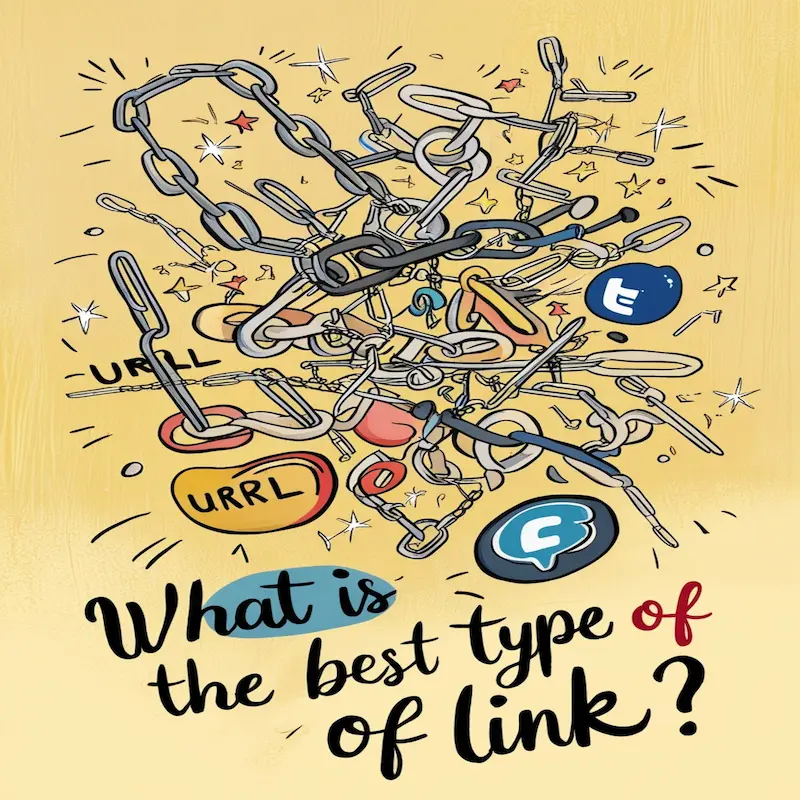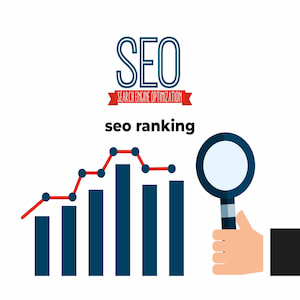What is the Best Type of Link?

If you’ve spent any time in the world of SEO, you’ve probably heard the phrase, “Backlinks are king.” But not all links are created equal. Some are golden tickets to higher rankings, while others can tank your site faster than you can say “Google penalty.” So, what’s the best type of link? Let’s break it down.
Understanding Links: The Basics
Before we dive into the best type of link, let’s get one thing straight: links serve as digital votes of confidence. Search engines use them to determine credibility, authority, and relevance. But the value of a link depends on several factors:
- Authority of the linking site – Is it a high-quality, well-established site?
- Relevance – Does the linking page align with your niche or industry?
- Dofollow vs. Nofollow – Does the link pass SEO value?
- Anchor text – Is the clickable text natural and relevant?
Now, let’s talk about the crème de la crème of backlinks.
The Best Type of Link: Editorial Backlinks
If you’re aiming for SEO gold, editorial backlinks are the way to go. These are organic, high-quality links from authoritative websites, often earned because of outstanding content. They signal to search engines that your content is valuable and worth referencing.
✅ Why editorial backlinks are the best:
- They come from reputable sources (think Forbes, TechCrunch, or major industry blogs).
- They are naturally placed within content rather than in paid placements.
- They pass maximum link equity (SEO value).
How to earn them:
- Create high-value, shareable content.
- Get featured in industry publications.
- Build relationships with influencers and journalists.
What the difference between SEO and GEO?
Other Valuable Types of Links
While editorial backlinks are the best, other types of links can also boost your SEO:
1. Guest Post Links
- These come from writing articles on other reputable sites.
- They help establish credibility and drive referral traffic.
- Best practice: Focus on high-quality sites, not spammy guest post farms.
2. HARO (Help a Reporter Out) Links
- Earned by responding to journalist queries.
- Often appear in news sites and high-authority domains.
- Pro tip: Sign up for HARO and provide expert insights.
3. Resource Page Links
- Links placed on pages that list useful resources.
- Great for evergreen content and guides.
- How to get them: Reach out to site owners with valuable resources.
4. Niche-Relevant Links
- Links from websites within your specific industry.
- Carry more weight than random, unrelated links.
- Best method: Network within your niche.
Links to Avoid: The SEO Landmines
Not all links are beneficial. In fact, some can hurt your rankings. Here’s what to avoid:
❌ Spammy Links – Links from low-quality, irrelevant sites.
❌ Paid Links (Without Disclosure) – Google penalizes sites that buy links purely for ranking purposes.
❌ Excessive Reciprocal Links – Too many “I link to you, you link to me” arrangements can look manipulative.
❌ Private Blog Networks (PBNs) – These might work short-term but can lead to penalties.
Conclusion
So, what’s the best type of link? Editorial backlinks take the crown—but guest post links, HARO links, and resource page links also hold significant value. Focus on quality over quantity, and you’ll see the SEO benefits stack up.
Want to learn more about different types of backlinks? Check out this in-depth guide by Ahrefs for expert insights.

